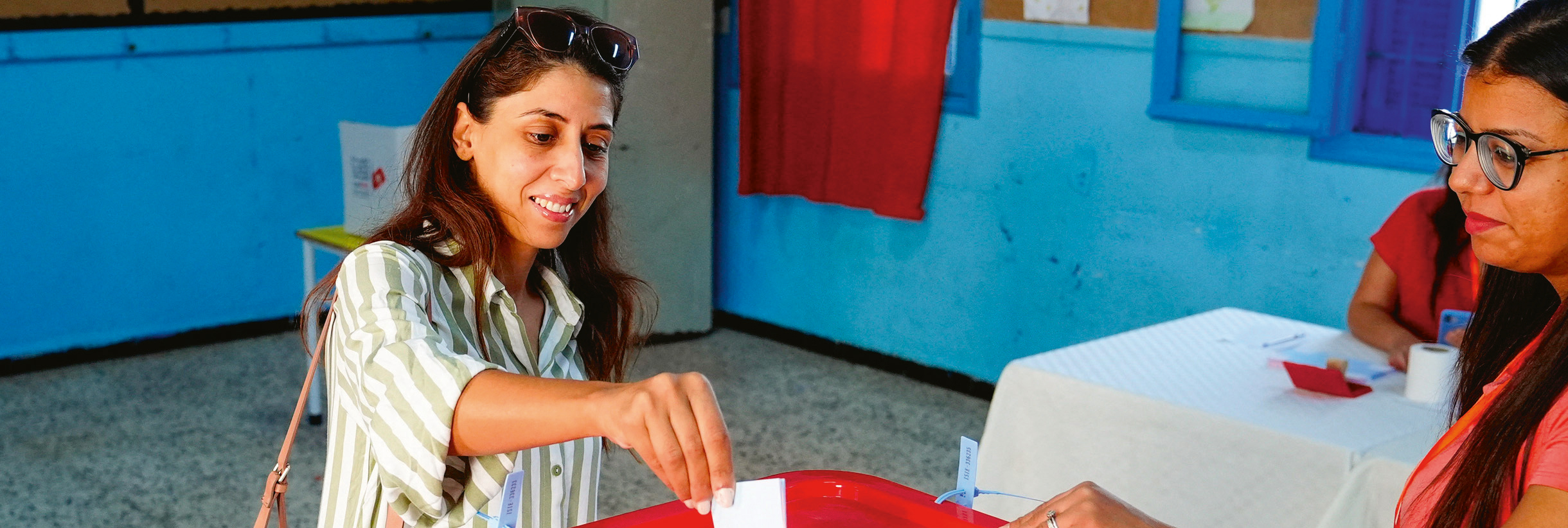Why do we need diplomacy today?
JD: In today’s increasingly polarised world, where tensions slow the pace and limit the scope of international cooperation, we are confronted with a dual challenge. We must simultaneously reinvent diplomacy and address issues that cannot be solved at the state level. This requires rethinking both the rules and governance frameworks that underpin diplomacy, while also finding common solutions to common issues that impact populations unevenly across the globe. Although these challenges are interconnected, the first often overshadows the second, with disagreements on how to collaborate hindering progress on urgent issues like climate change.
The pressing need to revive international cooperation and adapt the United Nations (UN) system to current geopolitical realities has prompted the UN Secretary-General to call for a Summit of the Future that took place in New York in September. Several declarations were unveiled on this occasion. Among them is a significant push to better incorporate the voices of future generations. But the question remains: what kind of international cooperation do we need? How can we better engage highly relevant actors in global governance, such as cities? This will require more diplomacy, i.e., more peaceful collaboration between states and other actors. It will also require courage, good will and creativity, and Geneva, with its diverse ecosystem, is well placed to host some of these discussions. But diplomacy remains an option only if we succeed in reforming international cooperation to the point where all parties are willing to engage fully. Otherwise, the spectre of violence and war will continue to loom.
What are the current and emerging challenges for diplomacy and multilateralism?
AD: There is an unprecedented number of issues, since diplomacy is confronted with challenges on substance and on the way it functions. The first obvious challenge is a global one, related to the growing contest of the very organisation of the international system itself. More and more actors want not only to take a broader part in the multilateral system as we know it, but also to review its basic foundations and put into question its relevance.
One other issue, partly related to this global transformation, is the ideological extreme polarisation which seems to make dialogue almost impossible. When you portray your adversary as an existential enemy, diplomacy becomes more difficult: it is as if you not only do not speak the same language, but you can’t even find basic common principles to begin the dialogue.
Finally, I would also stress the challenge posed by the technological revolution we are going through. Diplomacy was usually an area of expertise, with common rules and a timeframe. Nowadays, through media and social networks, everything is dealt with instantly, publicly and with no restraints whatsoever. Everyone becomes their own diplomat! Not the best way to handle complex international issues that require time, skills, and moderation!
How is technology transforming diplomacy?
JD: Technology has long played a pivotal role in international affairs due to its close ties to economic and military power. What is changing today is not only the rapid pace of technological innovation but also the way in which these innovations increasingly converge, creating a positive feedback loop that accelerates further advancements. Emerging technologies such as artificial intelligence (AI) are expected to have profound societal and geopolitical impacts in the future, adding layers of complexity and uncertainty to their role in international relations.
Diplomacy cannot remain indifferent to these shifts. Virtual embassies are being established, chatbots are employed to engage with citizens, and “digital” ambassadors are being appointed to build relationships with Silicon Valley. AI is increasingly used to assess the consequences of political decisions during complex negotiations, predict political crises, anticipate humanitarian disasters, and harness quantum computing for encryption, with implications for surveillance. However, it is essential that emerging technologies do not exacerbate the digital divide. Effective governance and regulation of these technologies are critical.
What are the new forms of diplomacy emerging?
AD: As new actors such as private companies, civil society activists, non-governmental organisations (NGOs), and non-state armed groups have been challenging nation-states as key actors on the international stage with more and more frequency, diplomacy is no longer the privilege of traditional national and multilateral apparatus dedicated to interstate relations. Each actor has their own international policy and their own diplomatic instrument.
Multinational companies and most big NGOs can be, more or less, compared with traditional national diplomatic organisations in this regard, using dedicated, professionalised people and a well-identified institutional process. What’s more, they successfully interact with traditional diplomacies in a well-defined framework.
The big clash comes from the more-individualised actors emerging from civil society and whose legitimacy is based on popular support through media, social networks and specific causes, sometimes in pursuit of only one goal. They don’t see diplomacy as a two-way street but more as a univocal tool to set up their own agenda, with little space for compromise. They see traditional diplomacy as a sphere of cold “realpolitik”, to which they oppose transparency and popular accountability.
There is also profound transformation within traditional diplomacy, in the sense that instead of being based on dialogue and the search for mutual agreement, diplomacy becomes more and more transactional. The aim is not to find a mutually acceptable compromise enshrined in a set of rules and principles, but to get a deal done at any cost. This is also a trend affecting diplomacy and multilateralism, since it does not contribute to a sustainable and stable system.
Discover the New Executive Course “Diplomacy in a New International Order”
This article was published in Globe #34, the Graduate Institute Review.




